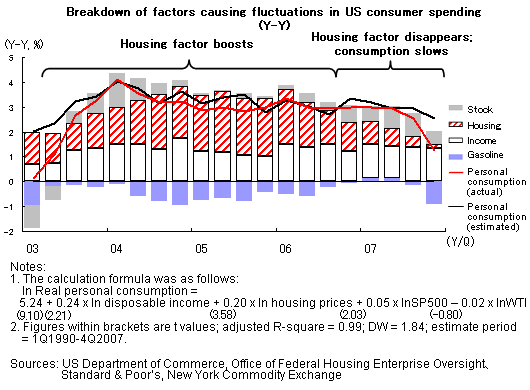The Subprime Mortgage Crisis Effect on US Economy
Post on: 8 Июль, 2015 No Comment

Follow the Timeline of Events as They Happened
Did you mean ?
Sign up
You can opt-out at any time.
The subprime mortgage crisis was a major cause the 2008 financial crisis. which then led to the worst recession since the Great Depression. This primer tracks how the subprime crisis unfolded, flattening the real estate market, creating the 2007 banking crisis and finally leading to the global recession. Get the definitions for important terms. Understand how interest rates and real estate play an integral role in the U.S. economy. Uncover resources for those who need help from the effects of the subprime mortgage crisis. Article updated February 17, 2015
Tim Boyle/Getty Images News/Getty Images
Dec 06 — Downturn in Real Estate Threatens U.S. Economy
In December 2006, a leading economic indicator signaled the beginning of the end. New home permits came in at 1.535 million. This was 28% below the October 2005 rate, according to the November 17 Commerce Department Real Estate Report.
New home permits are usually issued about six months before the new home is completed and the mortgage closes. This means that permits are a leading indicator of new home closes. A slump in permits means that new home closings will continue to be in a slump for the next nine months. No one at the time realized how far subprime mortgages reached into the stock market and the overall economy.
When banks began lending to subprime borrowers a few years ago, it seemed great. Suddenly, anyone could buy a house, even with little or no money down. But not all of those borrowers were good candidates for the loan. Their defaults helped kick off the subprime crisis.
Hedge funds suffered from subprime mortgage investments. (Credit:Justin Sullivan/Getty Images).
Mar 07 — Hedge Funds Housing Losses Spread Subprime Misery
By March 2007, it became apparent that the housing slump was spreading to the stock markets via hedge fund investments.
The decline of the U.S. housing market has now spread to the subprime mortgage market. Many homeowners who couldn’t afford conventional mortgages took interest-only loans. which provided lower monthly payments. As home prices have declined, many have found their homes are no longer worth what they paid for them. At the same time, interest rates rose along with the Fed Funds rate. As a result, these homeowners cannot pay the mortgage, nor sell the home for a profit, and so they default.
As bad as that is for the banking industry, not to mention the individual homeowners, it may only be the tip of the iceberg. It appears that hedge funds have invested an unknown amount in these mortgage-backed securities. according to BusinessWeek. Unlike mutual funds, hedge funds are not as tightly regulated by the SEC. and so it is unknown how many funds will be affected by the defaults. Since hedge funds use sophisticated derivatives. the impact of any downturn will be magnified. This is because derivatives allow hedge funds to essentially borrow money to make investments, creating higher returns in a good market, and greater losses in a bad one.
Fear of such a downturn caused the Dow Jones Industrial Average to plummet 2% on Tuesday, the second largest drop in two years. If the market declines enough, it could cause an economic downturn. (Source: The Mortgage Mess Spreads , BusinessWeek online, March 7, 2007; Stocks Plummet on Subprime Lender Woes , Yahoo News, March 13, 2007) More
Federal Reserve Chairman Ben Bernanke (Credit: Win McNamee/Getty Images).
Aug 07 — Federal Reserve Keeps Banks Afloat
By August, banks stopped lending to each other because they were afraid of getting caught with bad subprime mortgages. The Federal Reserve stepped in to restore liquidity and confidence. And stepped in. And stepped in. More














